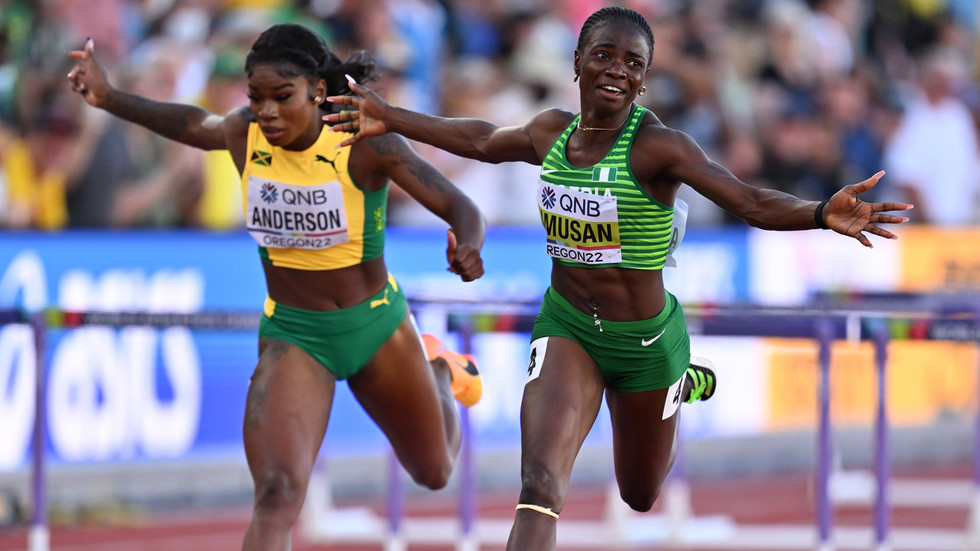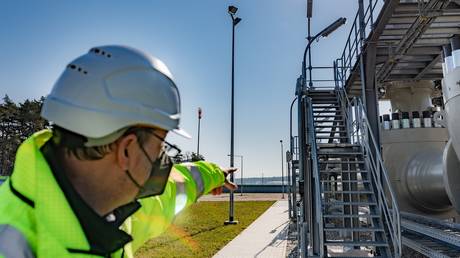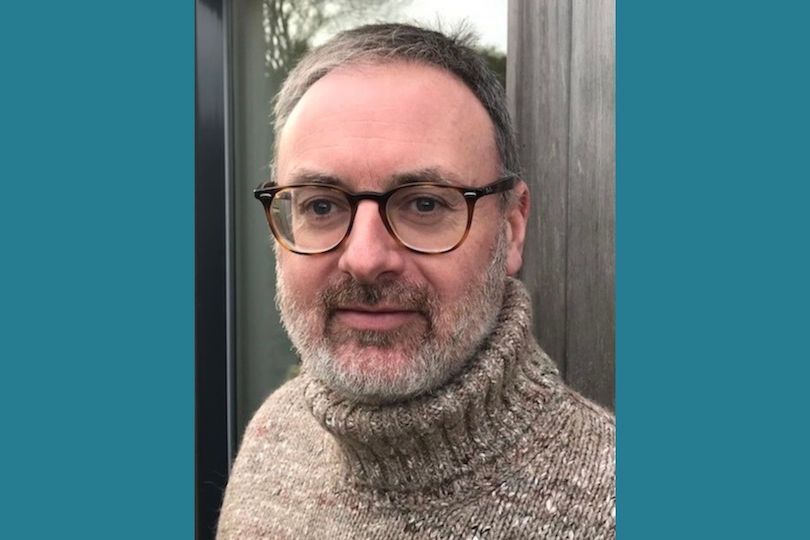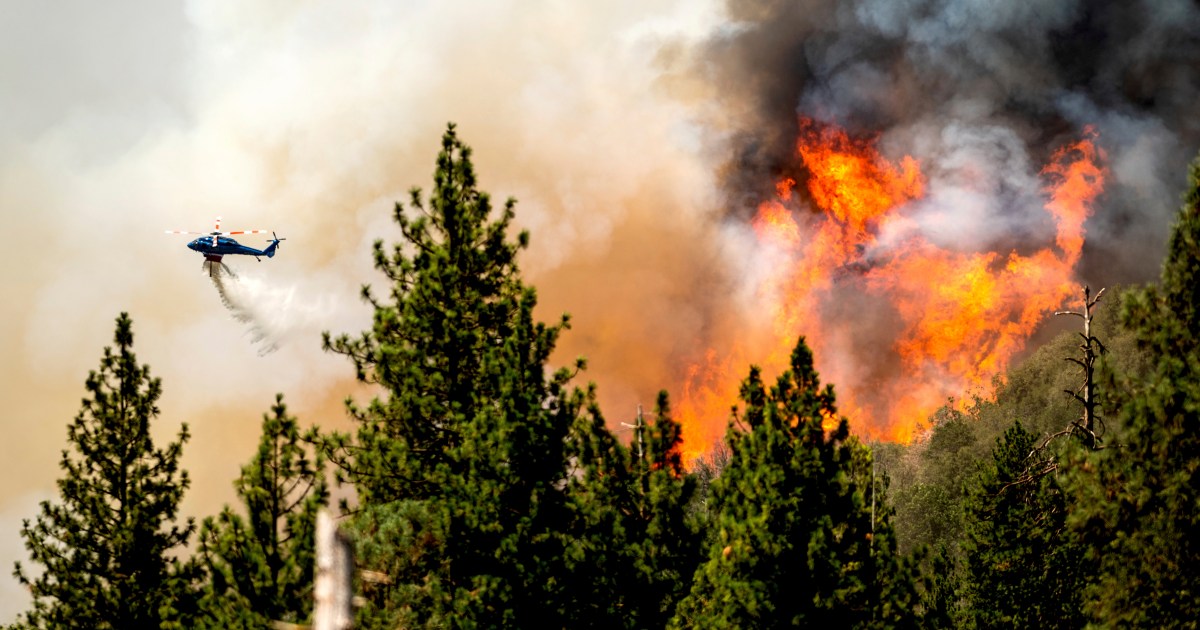Roger Mac Ginty is a Professor at the School of Government and International Affairs, and Director of the Durham Global Security Institute, both at Durham University. He edits the journal Peacebuilding (with Oliver Richmond and a great editorial team) and co-founded the Everyday Peace Indicators (with Pamina Firchow). His latest book is Everyday Peace: How So-called Ordinary People Can Disrupt Violent Conflict (Oxford University Press, 2021).
Where do you see the most exciting research/debates happening in your field?
The interstices between disciplines are always the most exciting, so collaborations outside our own fields, or with people who use different methodologies, are often the most exciting. Debates that are extending our knowledge of time, space and other fundamentals of our thinking are the most interesting for me at the moment. Personally, I am learning a lot from debates on complexity theory, and also feminist, sociological and anthropological approaches that seek to connect the personal to the structural.
Peace and Conflict Studies, and International Relations, are struggling to properly understand a number of current dynamics and we have to innovate – conceptually, theoretically, and methodologically – if we want to better understand these dynamics. For example, our conceptual tools are lacking in explaining chronically violent – but technically non-war – situations like those found in Mexico and Brazil. Nor am I sure that we fully understand how identity interacts with more prosaic and somehow rationalist factors like the evidence of the economic harms from a particular course of action. The economic evidence against Brexit was clear cut, yet a majority of voters ignored the evidence and voted for other reasons that are difficult to rationalise.
I am slightly disappointed by two trends in the literature though. Firstly, I think we are in danger of overdoing positionality in Peace and Conflict Studies. It is important that authors note their positionality but some publications over-do it and it becomes yet another imposition from the Global North. There is a conceit among some authors that they travel to a conflict-affected context and persist in thinking that they are the most interesting person in the room. We need to recognise our own positionality and how it impacts the research we are undertaking, but we need to stay focused on the real subject matter, not ourselves. Secondly, there is a lot of project work out there that simply reports on project findings but is theoretically and conceptually timid. This work is interesting in that it tells us about contexts, but it doesn’t really advance our debates. In part this might be because some funders are not terribly interested in theory and concepts.
How has the way you understand the world changed over time, and what (or who) prompted the most significant shifts in your thinking?
My thinking has changed a lot over the years. We are all on an intellectual journey and every day is a school day. Over the longer-term I have moved from being an IR scholar who tended to focus on the elite level of peace processes towards more sociological, anthropological and feminist perspectives. It has been an unplanned journey and who knows where it will go next.
I have been lucky enough to work with some amazing colleagues and students over the years and I gain a lot from riffing off them and being inspired by their energy. There are too many individuals to mention, but my mind keeps going back to my first boss – John Darby. He was a pioneer in the comparative study of peace processes. As well as being a top-flight scholar, he was humane and had an amazing sense of humour and wit. John was a great exemplar of the importance of civility and humour in academic life. I have sat through too many meetings, workshops and conference panels in which everyone takes themselves too seriously. Our subject matter is important and we must take it seriously, but I want to work with people – not machines. A particular bugbear of mine is the academic obituary that mentions the deceased’s wonderful publications and stellar appointments but does not mention that they had a family and social hinterland far beyond academia.
How would you determine when a peace process has succeeded?
We can develop all sorts of metrics to measure if peace accord provisions have been implemented but – let’s face it – many metrics are gamed and become caught up in political economies. The nature of peace – as a process – is that it is never attained. A society needs to constantly negotiate its social contract. To use Christine Bell and Jan Pospisil’s term, there is constant unsettlement (rather than a political settlement). That can be a good thing if it means there is a widespread recognition that governance systems need to be updated. Peace Agreements are necessary milestones in a peace process. But agreements need to be updated, otherwise they risk freezing a society into a permanent state of ‘post-conflictness’. Deliberative processes could help here, whereby a peace process and a peace accord give rise to meaningful and on-going discussions on the social contract, the constitution, and the need to legislate to reflect the dynamics of society. Often, of course, peace processes and peace accords turn into sites of winner-takes-all politics.
It is also worth questioning the notions of peace and conflict in relation to peace, conflict and everything in between. No one really wins a war; the victory will have costs. And loss might be relative too. It seems more realistic to think of continuous processes of social negotiation and renegotiation whereby peace and conflict (I call them ‘peaceandconflict’) are melded into one another and co-constitute one another. This perspective of interconnectedness seems incompatible with absolutist notions of success and failure.
I think there has been a ‘peacebuilding moment’ in the 1990s and early 2000s in which there were a number of landmark negotiated settlements following civil wars. A number of these were relatively successful and helped save and improve lives. We saw ‘full service’ peace accords with multiple provisions on security, livelihoods and identity, and often there was substantial international goodwill and support. Those days (perhaps a highpoint of liberal internationalism for good and ill) seem to have passed. Now the leaders of the so-called international community no longer talk about human rights or democracy. They seem unashamed in their support of authoritarian regimes and are comfortable pursuing strategies of securitised stabilisation.
In a book you co-edited with John Darby, you suggested that it may be possible that “in certain circumstances, [truth commissions] demonstrate an unwillingness to let go of past injuries and may prolong tensions”. Could you explain how this might play out, and what is your personal opinion on this?
There is a balance to be struck between peace and justice. In some cases, dealing with the past has become yet another site of conflict. It seems that certain actors are happier to ‘pick the scab’ than move on, and sometimes political economies develop around being an ex-combatant or a ‘victim’. Truth commissions can be caught up in these dynamics and they can become point-scoring exercises rather than part of a suite of measures designed to aid a meaningful transformation out of conflict. Sometimes too much attention to these issues can mean that a society will never lose the prefix ‘post-conflict’.
Yet, it is easy to say ‘people should move on’. Some people cannot move on because they have been traumatised, lost loved ones, or suffered grievous hurt or physical injury. The answer will differ from context to context, but public statements of recognition of hurt caused seem to be a useful way of helping the process of moving on. Not many actors have the bravery, space, or reciprocal trust with their foes, to be able to do that. It also seems sensible that attempts to deal with the past are integrated with other aspects of a peace process. There is little point in having a world leading truth recovery exercise if issues of poverty, land-tenure, or patriarchy are left unaddressed.
Are indigenous or ‘traditional’ approaches to peacebuilding most efficient as an alternative or a complement to more ‘conventional’ liberal peacebuilding?
It depends on context, but we should be comfortable with pluralism in relation to peace. There is a danger of peace imperialism whereby there is an automatic assumption that western or liberal versions of peace are somehow superior. Societies tend to find their ‘level’ or a set of rules that fit with social and cultural mores. Even western models of peace that we might be tempted to describe as “technocratic” or somehow rational and institutionalist are riven with cultural and social inflections and biases. So all versions of peace and peacemaking are hybrids. The trick is to find a version that suits a locality and does not involve massive (sometimes violent) transaction costs to implement.
This peace pluralism brings a major problem though. It could be that some versions of peace include aspects that western liberals might find offensive. Do we accept that there might be varieties of peace (some of them very different from our ideal), or do we continue to push our preferred version of peace? I don’t have an easy answer to that. My preferences lie with a series of individual rights but I recognise that my preferences might not travel to other places.
There are good arguments for constructive ambiguity in peace agreements, or a way of allowing a pluralism of identities and interpretations to co-exist. So, for example, in some cases there is space for formal de jure institutionalist approaches and indigenous or traditional approaches. If people are free to pursue the path that best suits them, then that seems optimal. This messy approach may not suit those who want certainty and formal legal routes, but it offers the best of both worlds.
In your most recent book on Everyday Peace, you explain how everyday actions by individuals and communities can lead to peace movements and processes with wide significance. How should such insights be implemented in the practice of international peacebuilding?
For understandable reasons, international actors often try to instrumentalise, incubate or ‘factor up’ pacific practices. But this very act of instrumentalization risks turning organic practices into something that is highly artificial and lacking traction on the ground. So the first thing that international actors should do is stop, wait and watch what is happening on the ground. Sometimes pro-peace and pro-social local dynamics can be adversely impacted by external intervention.
I often think that the most effective interventions are to back individuals rather than (or sometimes as well as) organisations. Many communities have extraordinary, charismatic individuals and social entrepreneurs who make a real difference on the ground. Identifying and backing those highly energetic individuals – who set up community enterprises, run cross-community sports clubs, protest on issues of common concern – is a funding model that would give donors more bang for their buck. Instead, they often plough money into civil society organisations (rather than civil society) and rather mechanistic projects. The trick seems to be to factor out good practice on a horizontal level with community leaders – who understand local dynamics – as exemplars. A lot of energy is devoted into factoring up but it strikes me that factoring out – horizontal peer-to-peer learning – is often more effective.
Can external intervention for conflict resolution and peacebuilding ever be truly neutral, and should that be something to strive towards?
I am not sure that true neutrality is possible in a socially constructed world in which actors have interests and biases. But outsiders can be transparent about their motivations and past associations. So it is worth differentiating between neutrality and alignment. Outsiders can try to construct mediation or talks mechanisms that are fair and transparent – even while having prior and continuing alignments. If the rules of the game (for example, rules associated with peace talks) are clear and applied fairly then the neutrality issue can be mitigated somewhat.
It is important though that outsiders take a stand against egregious human rights abuses and crimes against humanity. This means being decidedly unneutral in some cases. I remember writing to my Member of Parliament asking him to use what little influence he had to try to stop Israel bombing Gaza. He replied that he tried to be ‘even-handed’ on the Israel-Palestine conflict. Several hundred Palestinian children were dead at that point. Neutrality was aiding and abetting that.
If you could change one thing about your discipline, what would it be?
Oh to have a magic wand! Overall, Peace and Conflict Studies is in good health. Twenty-five years ago, I felt lonely saying that I did “Peace and Conflict Studies”. Now it is a wonderfully vibrant field not only with lots of academics but great research being undertaken by practitioners as well. But we need to work hard to recognise the great research undertaken by Global South scholars. It seems unsustainable that the vast majority of published outputs are by white folks from the Global North writing about non-white folks from the Global South. I am very uncomfortable with that, but the political economies of academia are unhelpful when we try to redress that. There is good work underway on decolonising our subjects, but there is much more to do.
What is the most important advice you could give to young scholars of International Relations?
Play your own game. Don’t take advice from men with grey beards.
Further Reading on E-International Relations




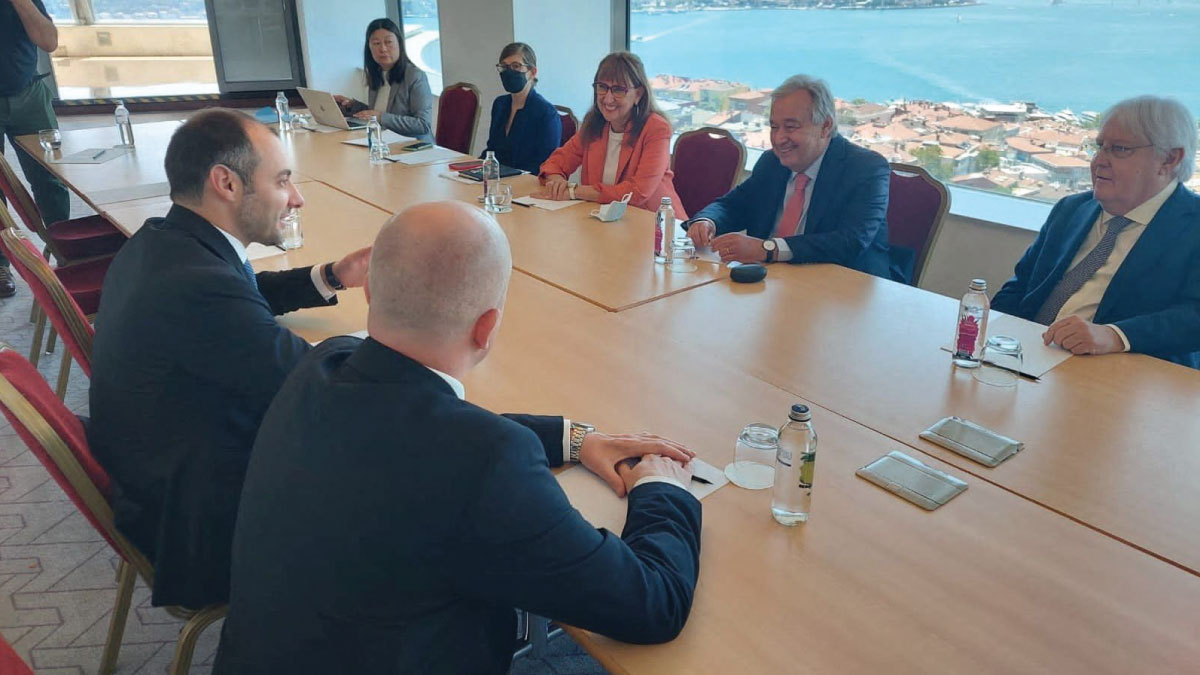








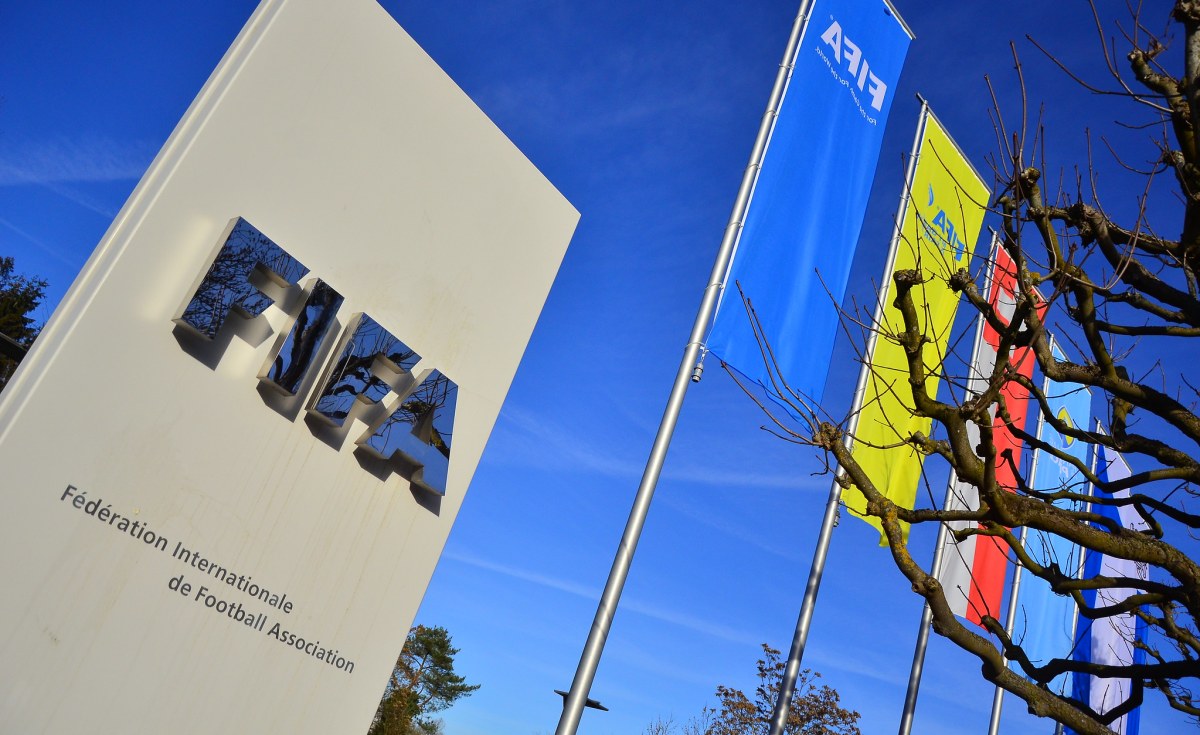

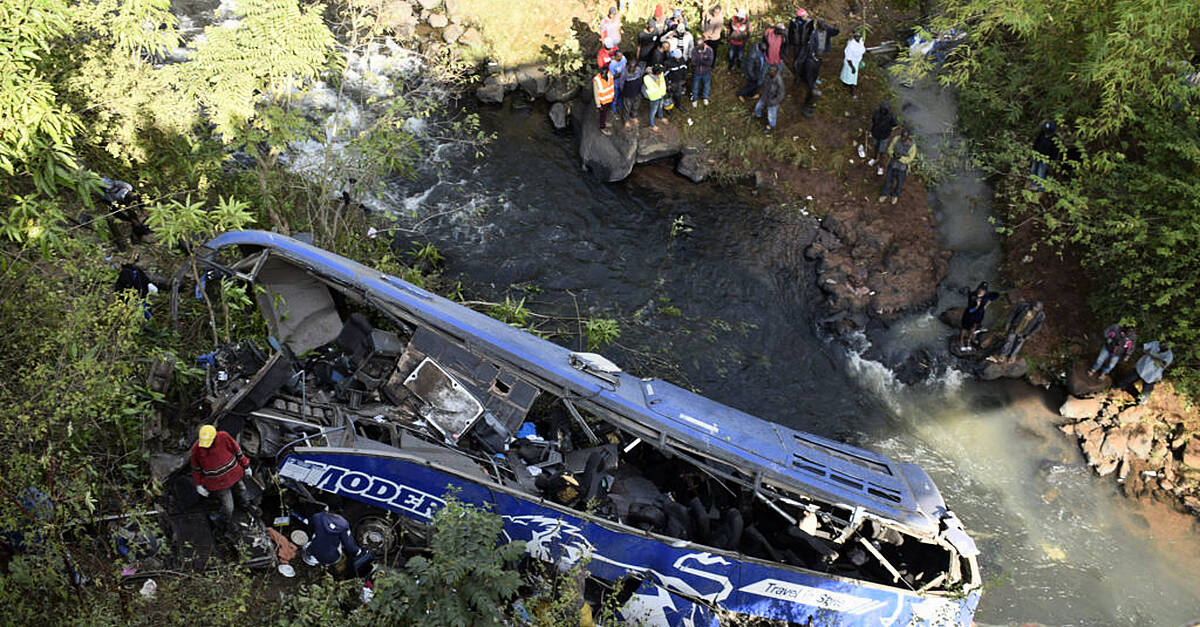
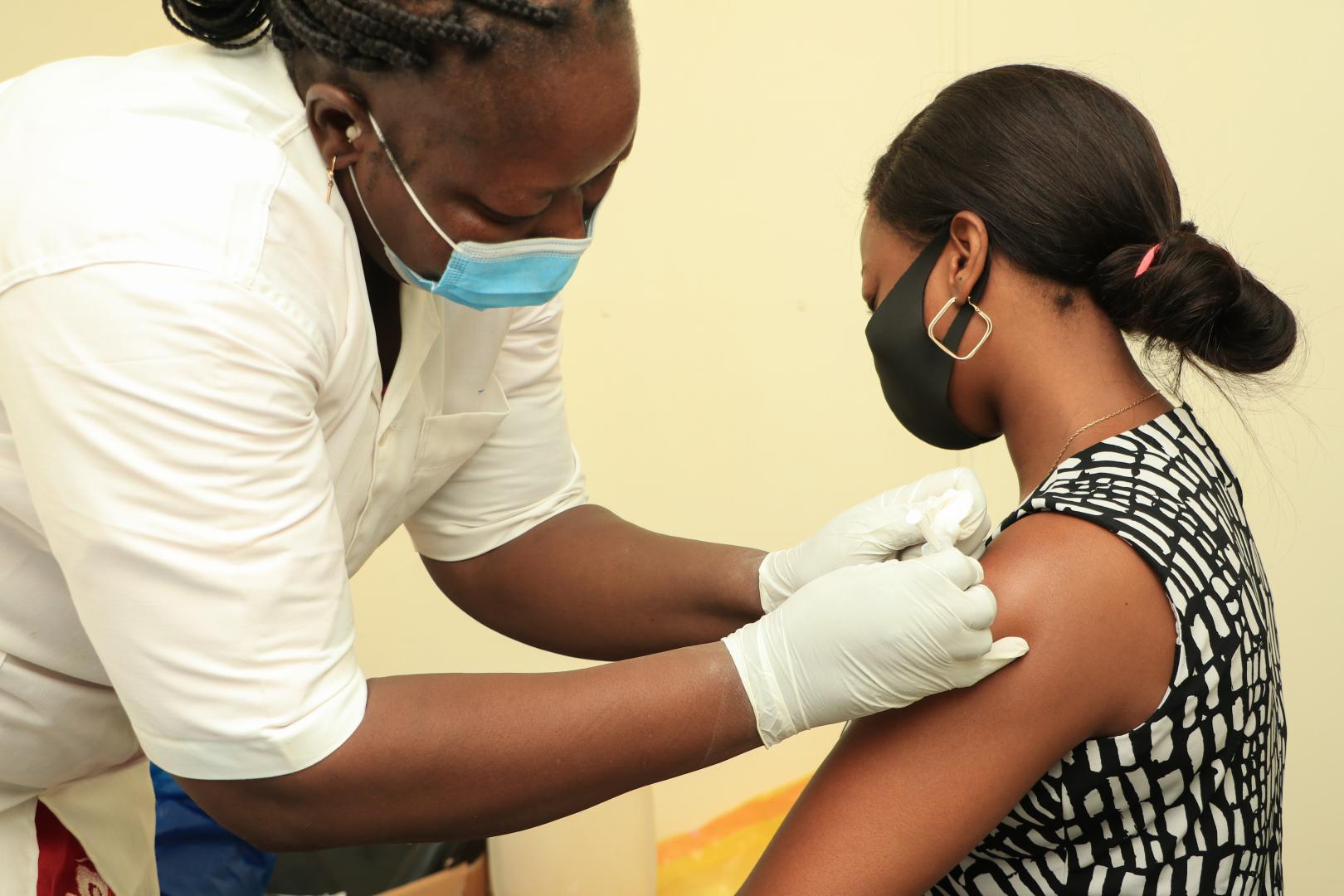
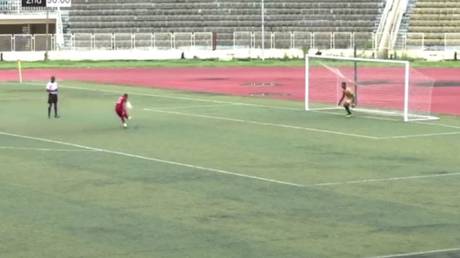


 መላኩ ሃብቱ
መላኩ ሃብቱ  (@ayomide_szn)
(@ayomide_szn) 